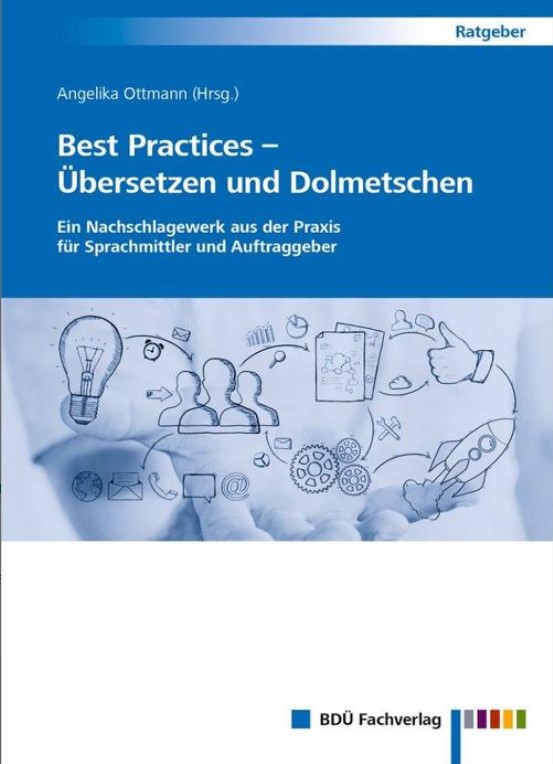
Software-maker Kilgray has just released a new version of memoQ 8 that is likely to be something of a landmark development. Although memoQ has been able to import non-scanned PDF files for translation for some time, this was not a particularly strong feature up till now. Version 8.1 changes that, however, as it comes with the ability to link up to Iceni's TransPDF servers to convert PDF files and produce translatable, formatted texts that have been extracted from the source files. PDF files get converted into XLIFF format and can then be imported into memoQ by adding them to a project via a new tab called "TransPDF import/export".
 For more information on the steps involved, read Peter Reynolds' post on this feature (Peter works for Kilgray) and then watch this short video about it on YouTube.
For more information on the steps involved, read Peter Reynolds' post on this feature (Peter works for Kilgray) and then watch this short video about it on YouTube.
To take advantage of Iceni's software, you will need to set up a user account with them first. A trial account is for free. After that, you will need to buy some "credits" off them to be able to use the OCR feature on scanned PDFs and get a PDF file as your target format after translating it.
According to Iceni, their PDF-conversion system supports a wide range of file types, including those from CAT tools like memoQ, Memsource and Déjà Vu. (Memsource has actually already "incorporated" TransPDF the way memoQ 8.1 has.) Rather than having to convert your files on Iceni's website and then import them into your CAT tool, you can now do this through memoQ, which is obviously more convenient.
It's helpful to know that Iceni converts source PDFs into a file with a text-based format for free, so you can translate the resulting file and then send it to your customer for them to check or modify and then export it as PDF themselves, which is really the usual procedure. That way, they will have a copy of the translation in a format they can work with easily; if you were to send them a translated PDF, on the other hand (which Iceni would charge you for producing), then they would essentially be getting a final version off you and could only work with it by using PDF editing software such as Adobe Acrobat or ABBYY PDF Transformer.
If you haven't heard of Iceni's PDF conversion before, why not try it out and see how well it does the job on a typical PDF file of your own? It's an alternative to using an OCR application like ABBYY FineReader and can be used regardless of whether or not you have memoQ.
Regards
Carl
images: memoQ © Kilgray, TransPDF © Iceni


 ABBYY, the software company behind FineReader, arguably the best OCR software package in town at the moment, is currently offering two of its products, FineReader 12 and PDF Transformer+, at a 25% discount until 31 December.
ABBYY, the software company behind FineReader, arguably the best OCR software package in town at the moment, is currently offering two of its products, FineReader 12 and PDF Transformer+, at a 25% discount until 31 December. ransformer+
ransformer+


 different font from a drop-down list and pick a different size as well. To do this in memoQ 2014, you need to call up the 'Options' menu from 'Tools' in the main menu ...
different font from a drop-down list and pick a different size as well. To do this in memoQ 2014, you need to call up the 'Options' menu from 'Tools' in the main menu ...
 To call up the 'Options' menu in memoQ 2015, go to the dark-blue 'MemoQ' tab at the top left of the screen, click on it and then move down to 'Options' near the bottom of the list, which will display various items. Pick the 'Options' item (the three cogs) to access the settings in the dialogue.
To call up the 'Options' menu in memoQ 2015, go to the dark-blue 'MemoQ' tab at the top left of the screen, click on it and then move down to 'Options' near the bottom of the list, which will display various items. Pick the 'Options' item (the three cogs) to access the settings in the dialogue.




Comments